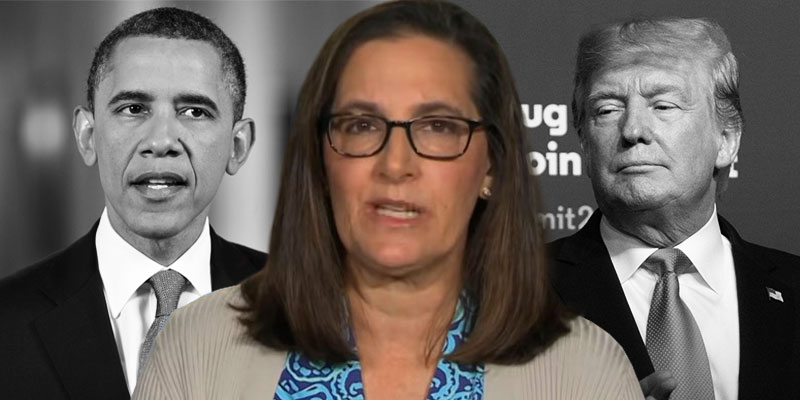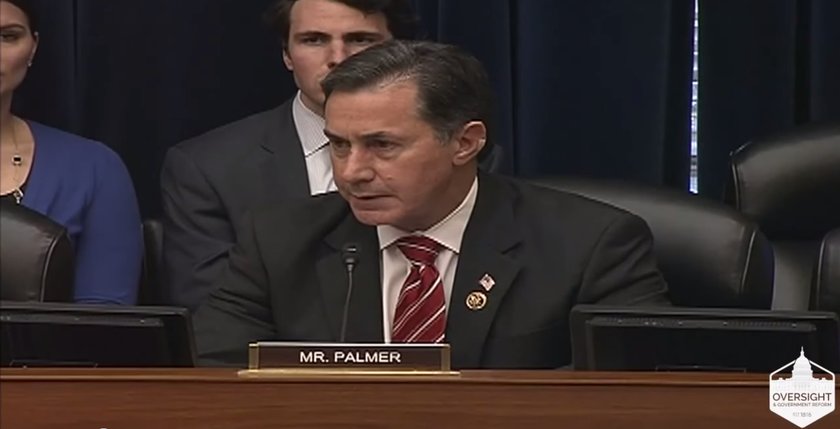
When Republicans took control of the Senate last year, we looked forward to sending commonsense, conservative bills to the President’s desk. This process would put pressure on the President to decide whether he would sign or veto the bills.
In the House, we have held up our end of the deal, sending countless conservative-reform bills to the Senate. Unfortunately, those bills have died in the Senate due to their arcane rules.
The Senate requires 60 votes to begin debate on most legislation, and there are currently only 54 Republican Senators. Senate Democrats have time and time again stood in the way of even allowing debate to begin on things like defunding Planned Parenthood, cutting funding to “sanctuary cities,” and even passing basic government funding bills.
Unless the Senate changes their rules, this stalemate is likely to continue. That’s why my colleagues and I went to work to find other legislative tools to get around the Senate’s rules. That’s where something know as budget reconciliation comes in, which only requires 51 votes in the Senate to pass a bill.
Here’s how it works. The 1974 Congressional Budget Act created a special process for the consideration of reconciliation legislation. Reconciliation is a process reserved exclusively for matters relating to federal spending and cannot be used simply to change federal policy.
Reconciliation does have some constraints however. In order to be used, the items included in the bill must be directly related to the federal budget and federal spending. In other words, you cannot use the reconciliation process simply change any federal statute.
As we started to work on our reconciliation bill, we decided to focus on two primary areas: dismantling Obamacare and defunding Planned Parenthood. The number one issue I hear from constituents about is still Obamacare. The law is fundamentally broken and has caused health insurance to be unaffordable for too many Americans.
The reconciliation legislation would dismantle Obamacare by repealing some of its most important features like the individual mandate, which requires every American to have health insurance, and the employer mandate, which hurts small businesses and costs jobs. Our reconciliation bill also repeals burdensome taxes like the medical device tax and the “Cadillac” tax on high-quality insurance plans.
The bill would also eliminate all federal funding from Planned Parenthood and instead divert that money into community health centers, which don’t provide abortion services. Like many Americans, I am outraged by the videos showing Planned Parenthood officials discussing the sale of fetal body parts, and I have pledged to do everything I can to eliminate Planned Parenthood’s funding. This legislation would accomplish just that.
Just as important, these commonsense reforms will also help lower spending and reduce the federal deficit. The non-partisan Congressional Budget Office found that passing these changes through reconciliation would reduce the deficit by about $130 billion.
So last Friday, the House passed the reconciliation bill by a vote of 240 to 189, and now it is the Senate’s turn to act. They only need 51 votes, so I am hopeful they can pass the bill and send it to the President’s desk. This is probably our best opportunity to dismantle Obamacare and defund Planned Parenthood.
Let’s make President Obama decide: will he stand with the American people or will he continue his “my way or the highway” style of governing?
Congressman Bradley Byrne represents Alabama’s 1st District.











